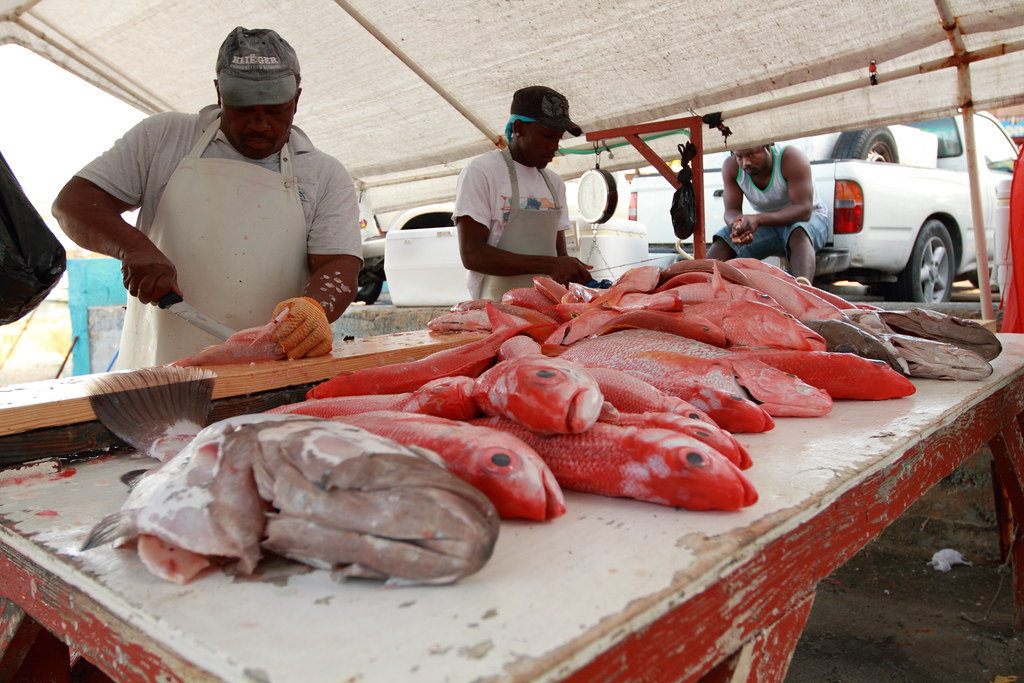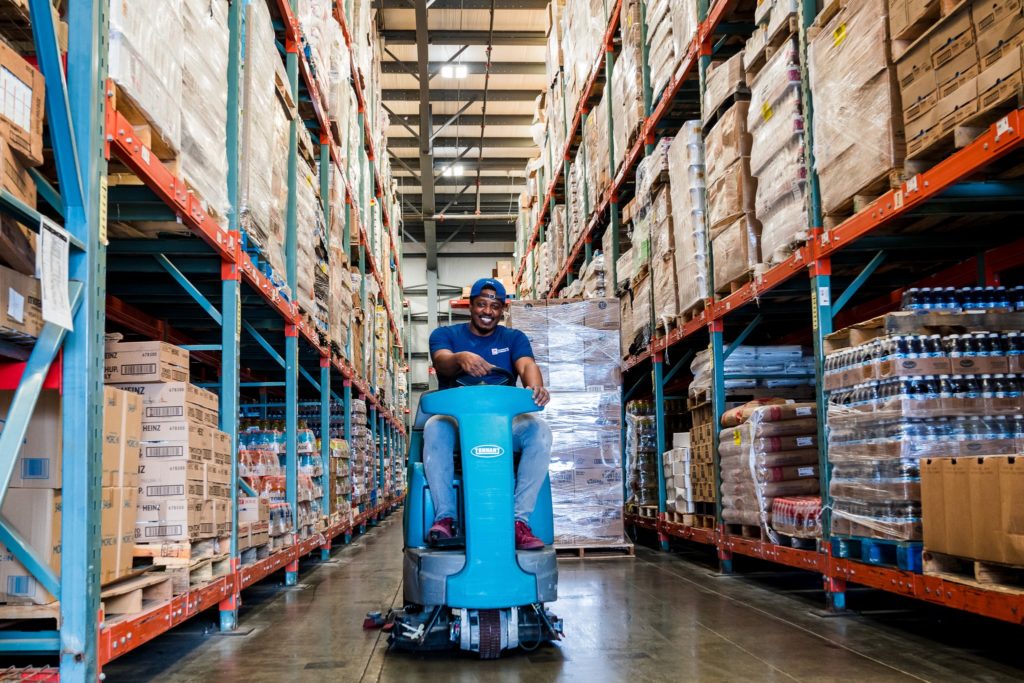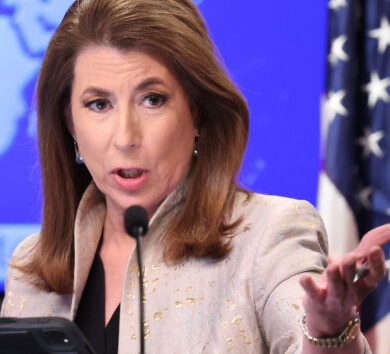

Cayman Islands residents are facing a summer of significant price increases in supermarkets and restaurants as the impact of the coronavirus (COVID-19) and the restrictions on movement hit home.
Cayman Compass reports that labour shortages and shipping delays are among the global factors driving up the cost of living in the Caribbean territory. Analysts say the situation is only likely to get worse, as the international supply chain struggles to meet surging demand from communities across the globe that are shaking off the shackles of lockdown and getting back to business.
At supermarkets across the Cayman Islands, grocery prices have been going up since late last year. Meat prices from the supermarket’s suppliers have increased by 10 per cent since May last year, dairy products have gone up 28 per cent and cereal prices have increased by a third.
Price increase to continue throughout the year
Apples and oranges, sugar and canned fruit and veg have also seen significant increases. One supermarket operator, Julian Foster, marketing manager at Foster’s, argues that the increase in food prices would likely continue through the end of the year pointing out that the price on some products had gone up by as much as 50 per cent.
Foster says at his supermarket the team is working to insulate its customers from the impact by looking for efficiency savings elsewhere. However, he warned that “retail price increases are inevitable.”
A variety of factors, ranging from labour shortages in farms, factories and the trucking industry to a shortage of shipping containers and raw materials for packaging is contributing to the global price surge.
“With many countries reopening borders and easing restrictions, there’s a huge demand on markets to deliver products that they simply can’t keep up with,” Foster told Cayman Compass. It is a similar story across Cayman with restaurants reporting significant increases in the cost of food.

Labour shortage driving up chicken prices in America
A labour shortage at US chicken farms attributed in part to the loss of seasonal immigrant labour has led to a near 100 per cent increase in the price of a classic bar menu staple, chicken wings. That’s not the only product that has been impacted, explains Caitlin Dunne, who runs Fidel Murphy’s and The Kitchen on Seven Mile Beach with her husband John Dunne.
The beef industry, for example, has seen huge fluctuations in price. While Fidel’s manages to keep its costs down by ordering larger cuts of meat, she told Cayman Compass that the situation has reached a point where chicken and beef were starting to be viewed as “luxury items.”
She added that the increasing prices were likely to continue for the next 18 months, impacting restaurants and grocery stores across the island. Luciano De Riso, manager of Grand Old House and the Wharf restaurants, said the rise in prices has compounded the larger problem that venues have faced since COVID – no customers.
Food importers give their perspective
He said the restaurants would have to cope with whatever cost increases came in terms of ingredients because it was not in a position to raise menu prices at a time when there are no tourists on island. Gina Peck, of Progressive Distributors, which imports food and other necessities from all over the world to Cayman, said the company had been notified by many of its suppliers of impending price hikes.

She said this was impacting everything from toilet paper and feminine hygiene products to canned foods and beef. Peter Dutton, managing director of Jacques Scott, said the cost and high demand for shipping was a further concern.
The distributor brings wines and beers from as far afield as Australia to Cayman but a global shortage of refrigerated containers, as well as rate hikes for moving product, is adding to the cost. In some cases, he said, this is offset by long-term contracted rates.
In other cases, the business is swallowing the cost to keep consumer prices down.







Comments